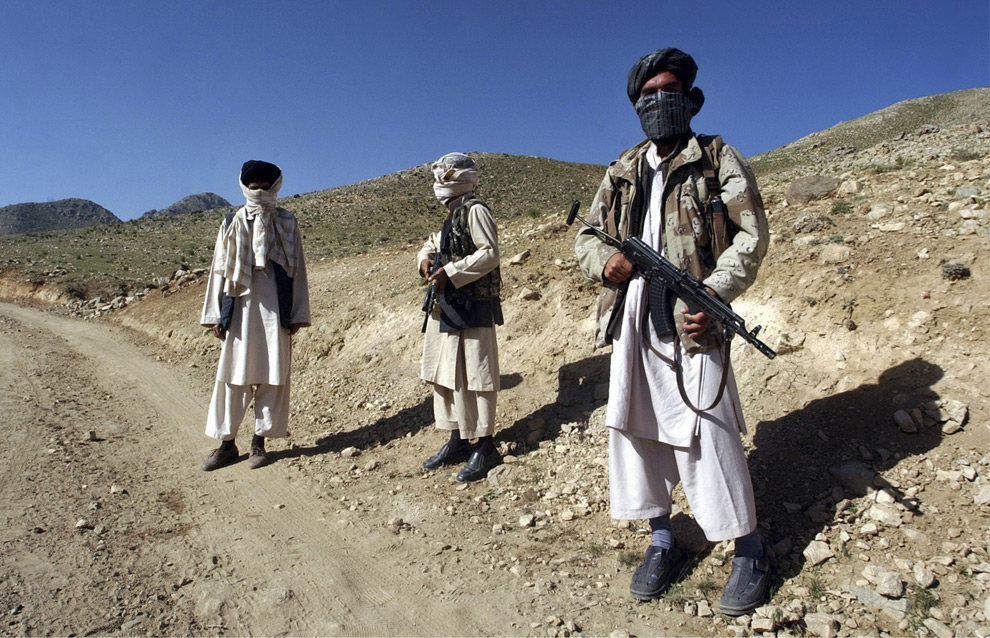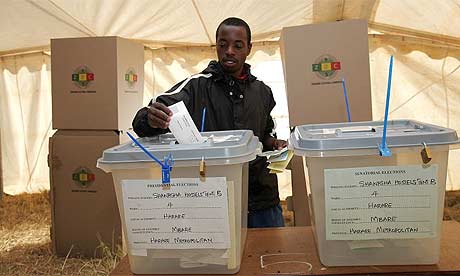 By Omar Qureshi
By Omar Qureshi
The Middle East has long been an area of major misunderstanding for the west. Whether it is the volatile nature of popular will in Iran or the legacy politics in Syria there doesn’t seem to be a clear, general regional trend. The challenge of this understanding has led to many different foreign policy approaches towards the region as a whole. Regardless of whether it has been Clinton’s “aesthetic peace policy” or the much more expansive “Bush Doctrine” of preemptive war, these policies are specifically developed for the Middle East. Moreover, these policies have embraced the 1975 idea of Pax Syriana. This term literally means “Syrian peace,” but international relations theorists have taken it to mean the attempted reshaping of the Middle East to the desires of major actors. Clinton wanted peace- or at least the appearance of peace and George W. Bush wants to develop strategic alliances backed by hard power- a move that has substantially disenfranchised the Middle East on the whole. The preeminent actors in the Middle East today are Syria and Iran.


 Background
Background Overview
Overview Overview
Overview Overview
Overview Overview
Overview Overview
Overview Overview
Overview Overview
Overview Overview
Overview Protestors: Free Tibet! Free Tibet!
Protestors: Free Tibet! Free Tibet! Overview
Overview